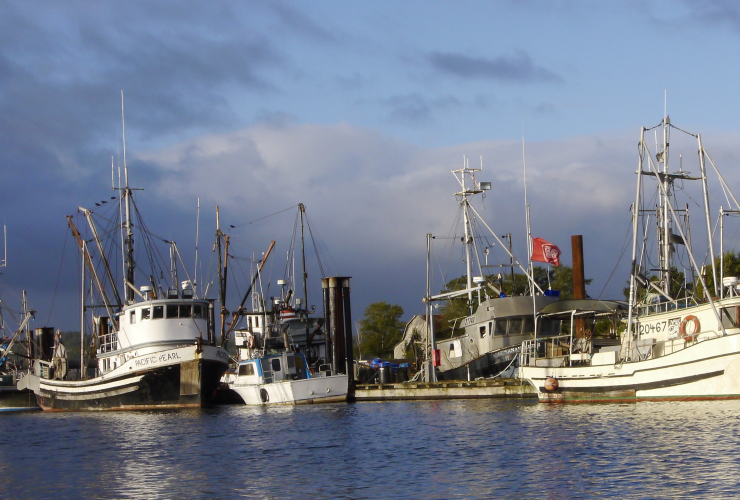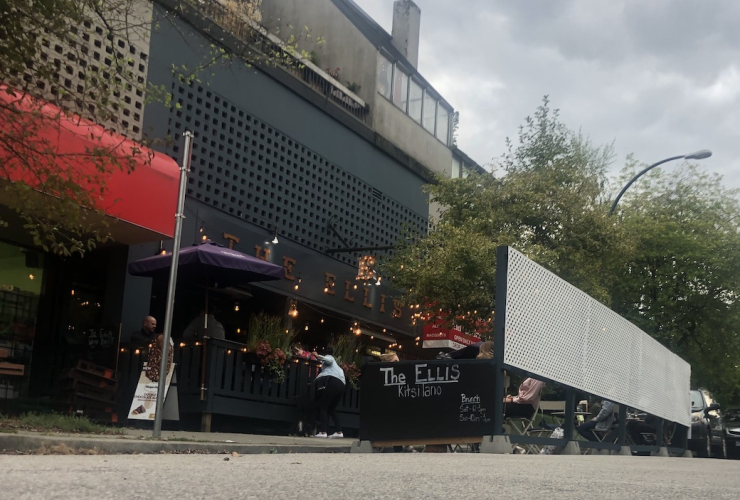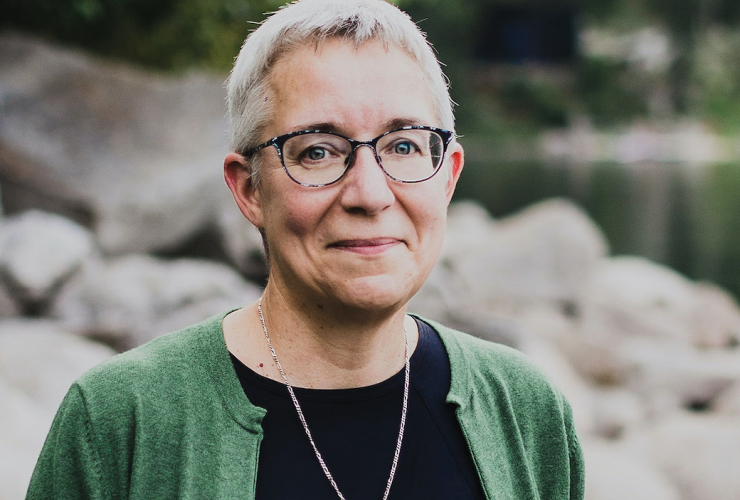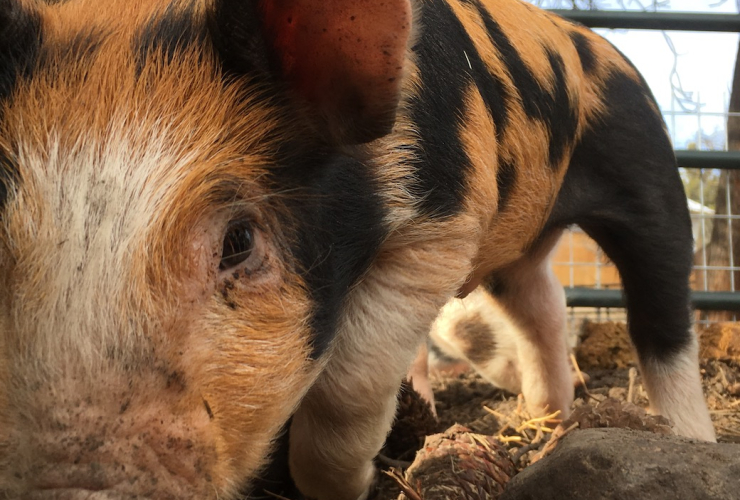Marc Fawcett-Atkinson

Journalist | Vancouver |
English
French
About Marc Fawcett-Atkinson
Marc Fawcett-Atkinson is a reporter and writer covering food systems, climate, disinformation, and plastics and the environment for Canada’s National Observer.
His ongoing investigations of the plastic industry in Canada won him a Webster Award's nomination in environmental reporting in 2021. He was also a nominee for a Canadian Association of Journalists's award for his reporting on disinformation.
Marc has previously written for High Country News, the Literary Review of Canada, and other publications on topics exploring relationships between people and their social and physical environments.
He holds an M.A. in journalism from the University of British Columbia and a B.A. in Human Ecology from the College of the Atlantic.
Buying food online? Farmers are paying to make that possible — and it might put them out of business
Walmart is huge. And it's getting bigger. In July, the retailer and grocery chain announced a $3.5-billion expansion into e-commerce. It's an expansion suppliers say they’re forced to pay for — even if it might put them out of business and shake Canada’s food supply chains.
B.C. harvests 196,000 tonnes of fish a year. Most of it is exported and that's a problem, advocates say
James Lawson catches fish. Fish that rarely feed the B.C. coast. He’s not alone: Roughly 85 per cent of seafood caught in the province is exported, yet B.C. fish harvesters can’t get their catch to local markets — and the provincial government is doing little to change that in plans to increase food security post-pandemic.
What will it mean for food industry workers if there's another lockdown?
Lia Moody is worried. Worried about layoffs. Earlier this month, faced with soaring cases of COVID-19, B.C. provincial health officer Dr. Bonnie Henry mandated the closure of nightclubs and banquet halls, and put additional restrictions on restaurants and bars. It’s the latest hit to an industry still battered by the pandemic — and winter is coming.
Local abattoirs, essential to beef up local meat, can't keep up. So why aren't there more?
Eventually, most B.C. livestock is slaughtered into meat. But where? It’s a question that’s plagued farmers, ranchers, abattoir owners, and B.C. politicians for almost 20 years. A question the pandemic has dramatically thrown into focus.
COVID-19 changed how Canadians eat. But are they wasting less food?
Canadian consumers wasted two kilograms of food a week before the pandemic. Not anymore. That’s according to a survey released earlier this month by Love Food Hate Waste, an international campaign working to reduce household food waste, which found Canadians are wasting less food since the pandemic started.
British Columbians want local meat. Proposed abattoir rule changes might help that
The path from pasture to plate for B.C.’s 22 million farm animals might soon get easier. Earlier this month, the provincial Ministry of Agriculture released an intentions paper outlining proposed changes to slaughter and meat processing regulations. It’s the latest step in a process to make local meat more available — and increase British Columbians’ food security.
Canada's seed system is complicated. Does it need an update?
“Farmers are the ultimate stakeholders when it comes to food systems,” Aabir Dey said. “They assume virtually all the risk when it comes to putting food on our table. They do the majority of the work. They’re the most impacted by all kinds of decisions related to agriculture. To exclude them from all of the essential production processes of agriculture just doesn’t make sense.”
Supersize chicken: A good idea?
Stephanie Torrey sometimes designs obstacle courses. Obstacle courses for chickens. The avian games were part of a recent study co-led by Torrey, an assistant professor of animal science at the University of Guelph, that found making chickens grow slower was better for their well-being — but came at a high cost.
What's on your plate could make the difference in climate crisis
Food can stop climate change. Sort of. The path of food from farm to fork and beyond is responsible for between 21 and 37 per cent of anthropogenic greenhouse gas emissions worldwide.
Food — from farm to fork and beyond — may be key to Paris goals, UN says
Food is cheap. So cheap, it’s hurting the planet. Food systems — the paths meals take from farm to fork and beyond — are among the largest anthropogenic sources of greenhouse gases (GHGs). They don’t need to be: A report published last week found changing how we grow, use, and dispose of food could significantly reduce emissions.










